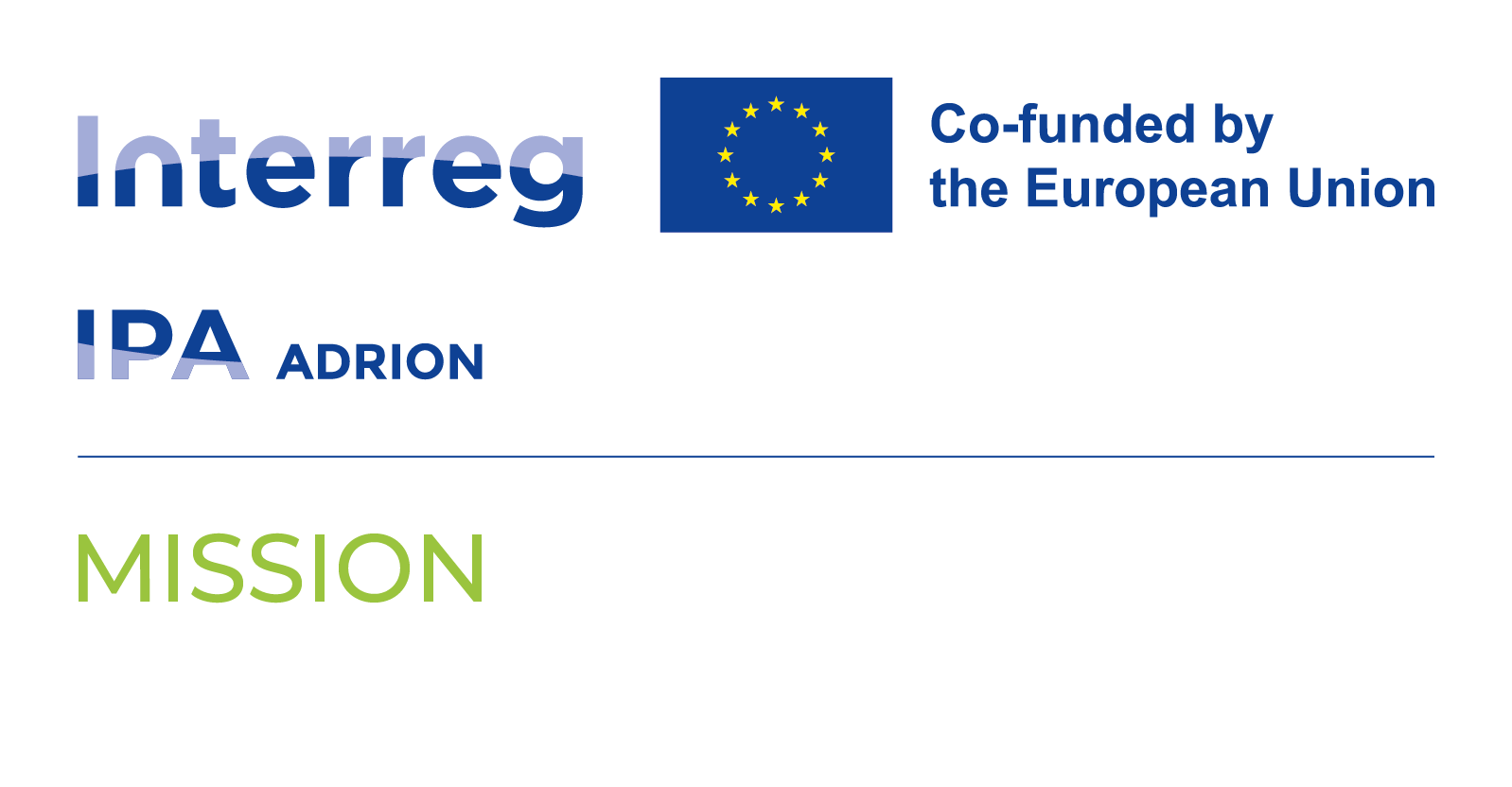To address these needs,
MISSION is developing a SmartApp that will be tested in five cities in the Adriatic-Ionian Region, including Maribor, Novi Sad, Sarajevo, Podgorica, and an Italian city. The application is being designed in collaboration with citizens and local stakeholders and will leverage data and modeling techniques to offer travelers:
- Personalized, multimodal travel solutions that integrate public transportation, cycling, and walking;
- Detailed information on travel times and the safety of cycling routes;
- Continuous improvement capabilities through user feedback and data collected from the different cities.
This initiative aims not only to make urban mobility more sustainable but also to foster cross-border cooperation, enabling common urban mobility challenges in the Adriatic-Ionian Region to be addressed collaboratively. To this end, a memorandum of understanding will be signed between project partners and other stakeholders, enabling the transfer of acquired know-how and the drafting of transnational policy recommendations to improve ITS services, traveler satisfaction, and accessibility for all.














